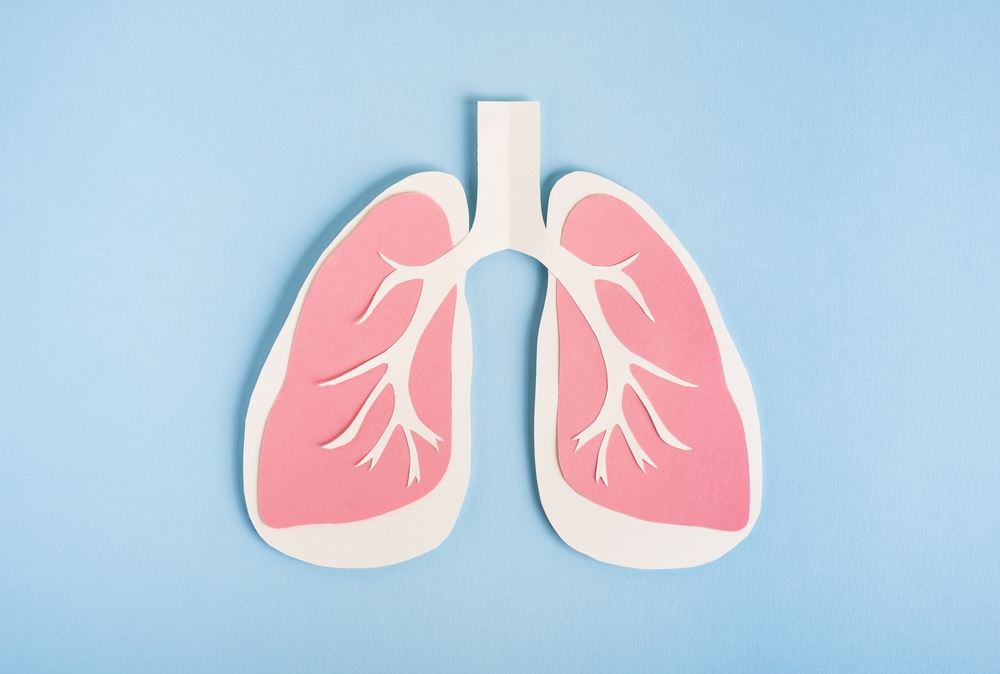By Edeline Anne Goh
Pneumonia has overtaken many other diseases as Malaysia’s leading cause of death. In 2023 alone, over 18,000 lives were lost to pneumonia. With respiratory infections like influenza and COVID-19 playing a significant role in the rise of pneumonia-related deaths, understanding the risks and knowing how to protect yourself has never been more important.
In this blog, we’ll break down the facts about pneumonia, its connection to flu and other respiratory viruses, and simple steps you can take to reduce your risk.
What is Pneumonia and Why Should You Be Concerned?
Pneumonia is a severe lung infection that causes inflammation in the air sacs, leading to breathing difficulties, reduced oxygen levels, and potentially life-threatening complications. While it is often associated with the elderly, pneumonia also affects younger people, particularly those with weakened immune systems, chronic illnesses, or poor lifestyle choices like smoking and vaping.
According to Dr. Nurul Yaqeen Mohd Esa, a Consultant Respiratory and Internal Medicine Physician at Sunway Medical Centre Velocity (SMCV), Malaysia’s ageing population, delayed medical attention, and low vaccination rates are major factors behind the rising number of pneumonia-related deaths.

How Respiratory Viruses Like Flu and COVID-19 Contribute to Pneumonia
Respiratory viruses like influenza (the flu) and COVID-19 significantly increase the risk of developing pneumonia. These viruses weaken the immune system and damage the lungs, making it easier for bacteria to invade and cause pneumonia. Dr. Nurul advises that people who have had the flu should keep an eye out for prolonged fever, worsening cough, and difficulty breathing, as these could indicate pneumonia. The flu and COVID-19 are also contagious before symptoms show up, making it easy to spread the virus unknowingly.
Recognising the Warning Signs of Pneumonia
Pneumonia can progress quickly, so it’s essential to recognize the symptoms early. Dr. Lim Fang Jen, an Emergency Physician at SMCV, lists common signs of pneumonia to watch out for:
- Shortness of breath
- Rapid breathing
- Chest pain
- Severe tiredness
- Confusion or dizziness
These symptoms often mimic those of other respiratory infections, making pneumonia easy to overlook. If you or someone you know experiences any of these signs, it’s important to seek medical attention immediately.

The Importance of Vaccination in Preventing Pneumonia
Vaccination is one of the most effective ways to prevent severe cases of pneumonia. The flu vaccine and the pneumococcal vaccine are particularly important for high-risk individuals, such as the elderly and those with chronic conditions.
Dr. Nurul emphasizes that the flu vaccine can reduce hospitalization rates by 40-60% in healthy adults, while the pneumococcal vaccine can lower the risk of severe pneumonia by up to 75% in older adults. A real-life case of a 72-year-old diabetic patient who received both vaccines shows that they only experienced mild symptoms despite contracting the flu. On the other hand, a 50-year-old diabetic patient who wasn’t vaccinated required hospitalization for severe pneumonia.
Other Ways to Protect Yourself from Pneumonia
In addition to vaccination, there are several other steps you can take to reduce your risk of pneumonia:
- Quit smoking – Smoking weakens the lungs and makes them more susceptible to infections.
- Wash your hands frequently – Proper hygiene can help prevent the spread of respiratory viruses.
- Stay active and eat a balanced diet – A healthy lifestyle boosts your immune system and keeps your lungs in good shape.

Why Early Detection is Crucial for Pneumonia
Pneumonia can rapidly worsen if left untreated, potentially leading to complications like heart inflammation, brain swelling, and organ failure. Dr. Lim warns that severe pneumonia may require intensive care or mechanical ventilation. People with pre-existing conditions are particularly vulnerable to long hospital stays or lasting damage, so early intervention is crucial.
How to Stay Safe and Reduce Pneumonia Risks
Taking steps to prevent pneumonia begins with vaccination and extends to maintaining a healthy lifestyle. Simple actions like avoiding smoking, washing your hands, and getting vaccinated can go a long way in reducing your risk. Proactive measures, like staying informed about pneumonia and its causes, can save lives.











